As a coach ensuring your athlete is always striving to gain a 1% improvement in their performance can be one of the hardest parts of your job. At Athlete Assessments, we often speak about the importance of a quality coach-athlete relationship, and how this can be used to improve athlete performance. This article discusses how to improve emotional bonds and engagement, and how understanding these factors improves your athlete’s performance.
What is the value of having a strong coach-athlete relationship? How will this help my athlete compete better on the day? The importance of building strong relationships has been well documented in many, mostly recent studies. Research has shown, that when people develop these quality relationship bonds, they are more likely to have:
- Stronger immune systems
- Improved mental health
- Increased chance of surviving major illness
- And likely to live longer
Obviously these traits are favorable in any context, however in the case of elite athletes; the first two traits are significantly beneficial. For example, athletes who have quality relationships with their team and coach are more likely to cope with demanding training programs and are less injury prone. They are also more positive towards their sport and mentally display greater signs of emotional resilience during tough training and competition.
So how can you determine the strength of the bond between you and your athlete? Having a strong emotional bond does not mean you have to be the best of friends (this is discussed in our article on Do I have to like my athletes?). You can determine the depth of this bond through the level of engagement an athlete has. Engagement can be measured on three levels: how engaged an athlete is with their coach, their team and their club. This engagement level can be measured either anecdotally or with surveys using the model of Say, Stay and Strive.
Say
By listening to what an athlete says about their coach, team and club, their degree of engagement can be determined. This not only means informal discussions or your own observations, but can also be clarified through a survey. Utilizing a survey can be extremely helpful when attempting to determine Say and Stay, by determining how positive an athlete is about their coach team and club.
Key Tip: Always listen for what and how an athlete talks about their sport in informal conversations with others in and outside of their sport.

Stay
Stay is in reference to how much an athlete wishes to stay with the club or team, and what it would take to convince them to leave. Statements such as “I feel a strong sense of belonging to my club” or “It would take a lot for me to leave my club” can also give an indication as to how engaged an athlete is.
Alternatively when an athlete has an immensely strong bond to their coach, statements such as “It would take a lot for me to leave my coach” may be more helpful (particularly when an athlete has chosen to leave a club to follow their coach i.e. Wayne Bennett and Darius Boyd in Australia Rugby League). Often the most effective coaches have a following of athletes who they find literally follow them to other teams.
Strive
Strive is the amount of discretionary effort a player puts in for their coach, team and club. These are the instances where athletes seek out the extra 1% or 0.01%, and rise beyond what is expected of them. You can measure how much an athlete strives in these circumstances through observation or a survey. In these instances, allowing athletes to respond to statements such as “this club/team energizes me to go the extra mile” can be helpful.
The more engaged an athlete is, the more they strive for their coach, club and team. In these instances, the traits identified which result from a strong relationship can also occur, and these help your athlete achieve a better performance. (This has been touched upon in our articles on Do Your Athletes Care? and It’s not all about the Money in the War for Footballers).
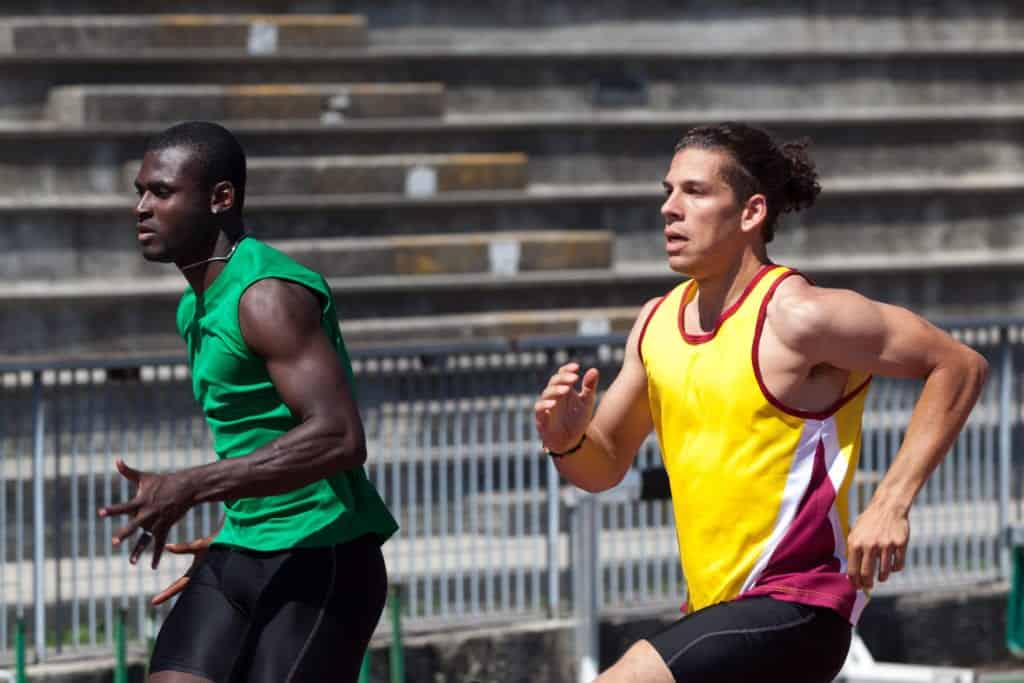
Once you have determined how engaged your athlete is, it can be challenging to improve the emotional tie holding your coach-athlete relationship together. The following are elements which bond an athlete to you. By acting positively and appropriately when you display each of the following, your coach-athlete relationship improves and your athlete becomes more inclined to go the extra mile.
The Key Factors Influencing the Quality of Your Coach-Athlete Relationship are:
Communication Skills
Are you being responsive rather than unresponsive when, for example an athlete asks you a question.
- Do you take the time to answer them fully without the athlete feeling you are brushing them off?
- When you communicate, are you aware of how your athlete likes to be communicated to?
- Do you give them information in a way they are able to process it?
- Do you look them in the eye and give positive body language? Are you present with them?
- Do you do all of these things consistently well without your own “issues and challenges” dictating your responses?
Character Displays
When no one is watching, do you behave as if someone is watching?
- Are you walking the talk?
- When suggesting an athlete respond calmly in a competition, are you constantly nervous or agitated?
- Acting with consistency is critical so your athletes learn your responses, rather than emotionally being emotionally unstable.
Attitude Displays
When you arrive at practice what does your body language and subsequent attitude say about you? Do you deflate or inflate your athletes?
- For example, your athlete’s self-esteem is linked to the feedback you verbally and non-verbally give them, leaving them either inflated or deflated from interacting with you. Acting supportively rather than punishing is a better way to assist in improving your relationship with your athletes and their performance.
Technical Skill and Sport Knowledge
This is still vital as your athletes are to view you as an expert in the sport and subsequently they are more likely to listen to your instruction.
Management Skills
Do you create an environment of organization and stability? This gives your athletes a feeling you have “things” under control and subsequently they feel more secure. They also feel that because you are well organized, they are more likely to perform well as you have done your research into what they require to be their best.
Status and reputation
These are bonding elements and many athletes like to associate themselves with coaches who have a proven track record. So building your credibility is vital in developing a stronger bond with your athletes. Athletes also like to feel you have been there and done that and therefore can relate to how they are feeling.
Fundamentally, a strong relationship with our athletes is based on trust, mutual respect and open two way communication. When you give your all for your athlete, a quality emotional bond will be formed as you both work and strive together for a common goal.
Where to from here?
If you found this article interesting you may also be interested in our article on the ‘Canadian Olympic Study’. That article shares the research from the 2008 Olympics on what the most significant contributors to a medal winning or personal best performance are.
At Athlete Assessments, we’re here to provide you with excellence in service and here to help you be your best. If there is anything we can assist you with, please Contact Us.
Recommended Articles
Every year thousands of students graduate college, but we’d argue, they don’t all graduate with as many employable skills as student-athletes. The National Center for Education statistics records that in 2018, some 2.9 million students graduated college but, according to the NCAA, only 2% of college students are student-athletes. This makes student-athletes a rare commodity.
In recent years, more attention has focused on the impact of the coach-athlete relationship on an athlete’s performance. Research from the 2008 Canadian Olympic Study showed that coach-athlete relationships significantly impact athlete performance.
In conversations I have, coaches often say to me: “So I have this athlete, and they have great physiology, they’ve got a massive VO2, and a really good motor. But they can’t concentrate, are undisciplined, doesn’t listen to me…but they could be such a success”.


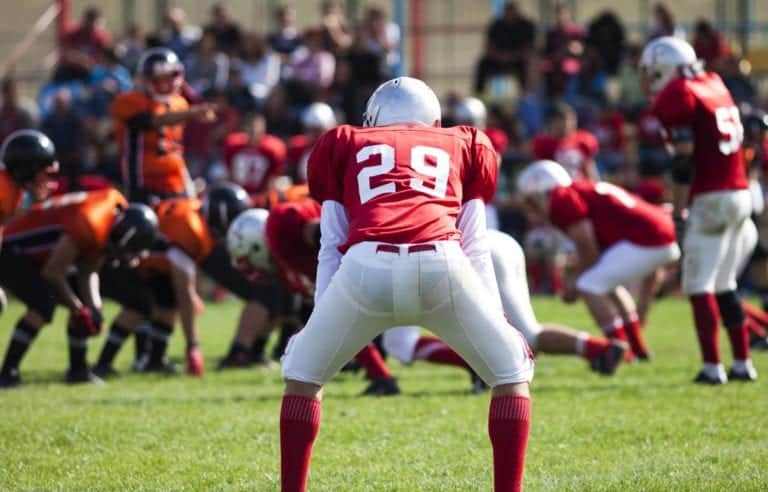
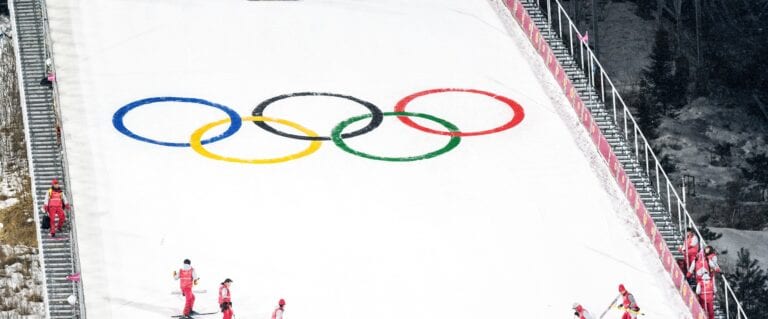

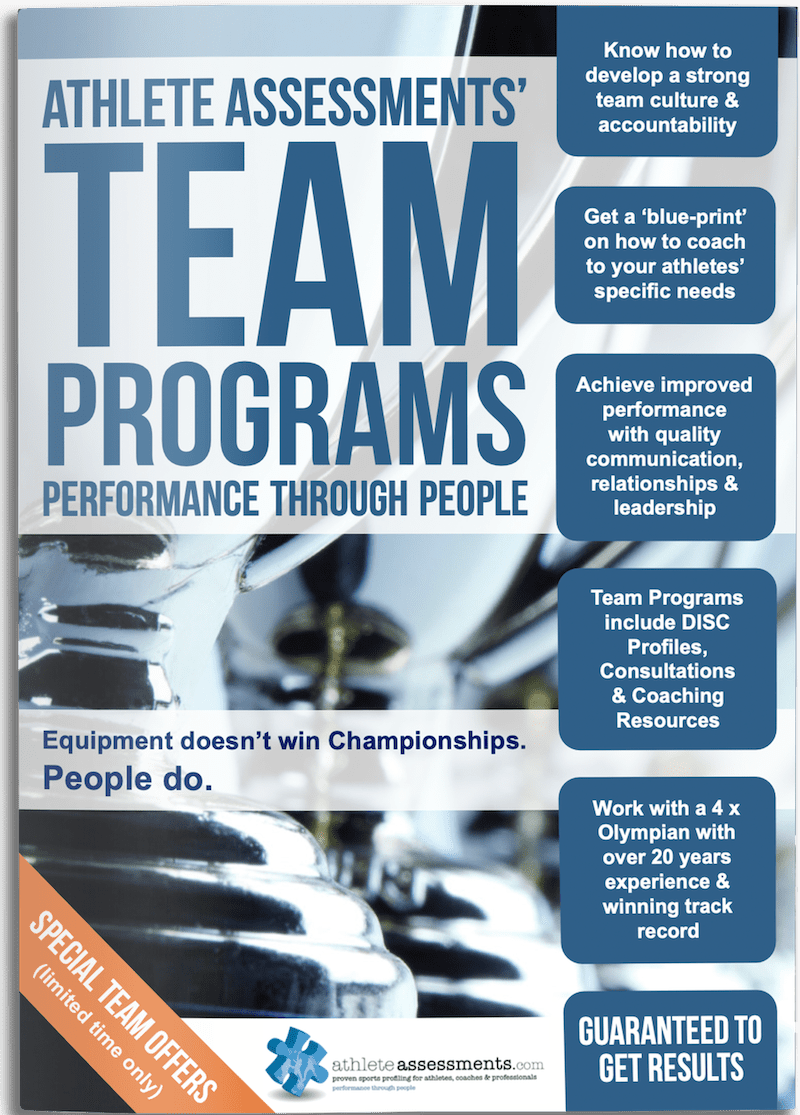
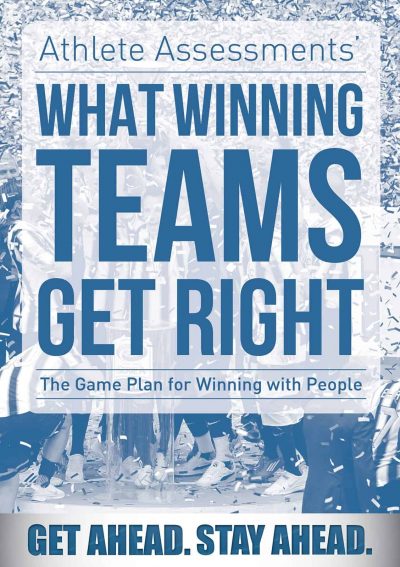


1 thought on “Coach-Athlete Relationships: Bond Athletes to their Coach, Team and Club”
Pingback: Lancer Link | Students commit to their passion for baseball